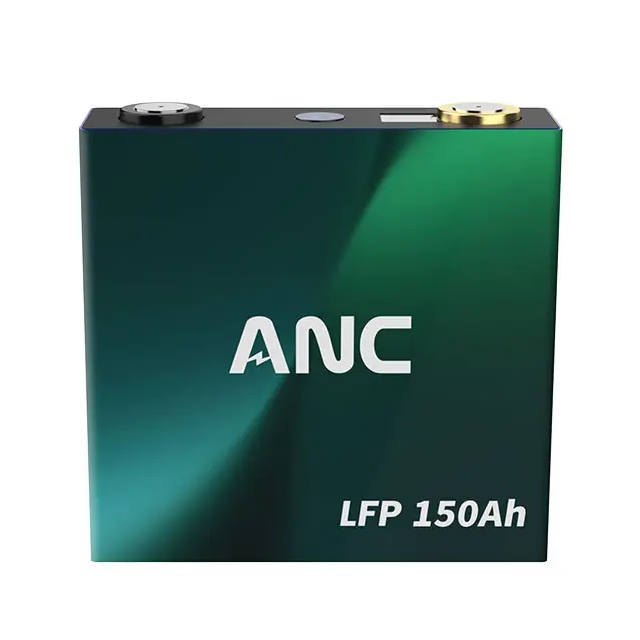
ANC’s LiFePO4 batteries have a developed technology which can make them more reliable and effective for all your power storage needs. Our lithium iron phosphate (LiFePO4) batteries are designed to offer high performance with improved safety and age. ANC uses the latest in lithium battery technology to provide solutions that guarantee enhanced energy density, fast charge and discharge rates as well as longer lifespan than normal types of batteries.
The vast range of application for ANC’s LiFePO4 batteries includes renewable energy storage, electric vehicles and backup power systems. The strong chemical formula of LiFePO4 improves thermal stability thereby reducing the risk of overheating or thermal runaway that makes our battery a better choice for the tough environment you may experience. These also do not pollute therefore causing lesser pollution hence good for tomorrow when fossil fuels will be depleted.
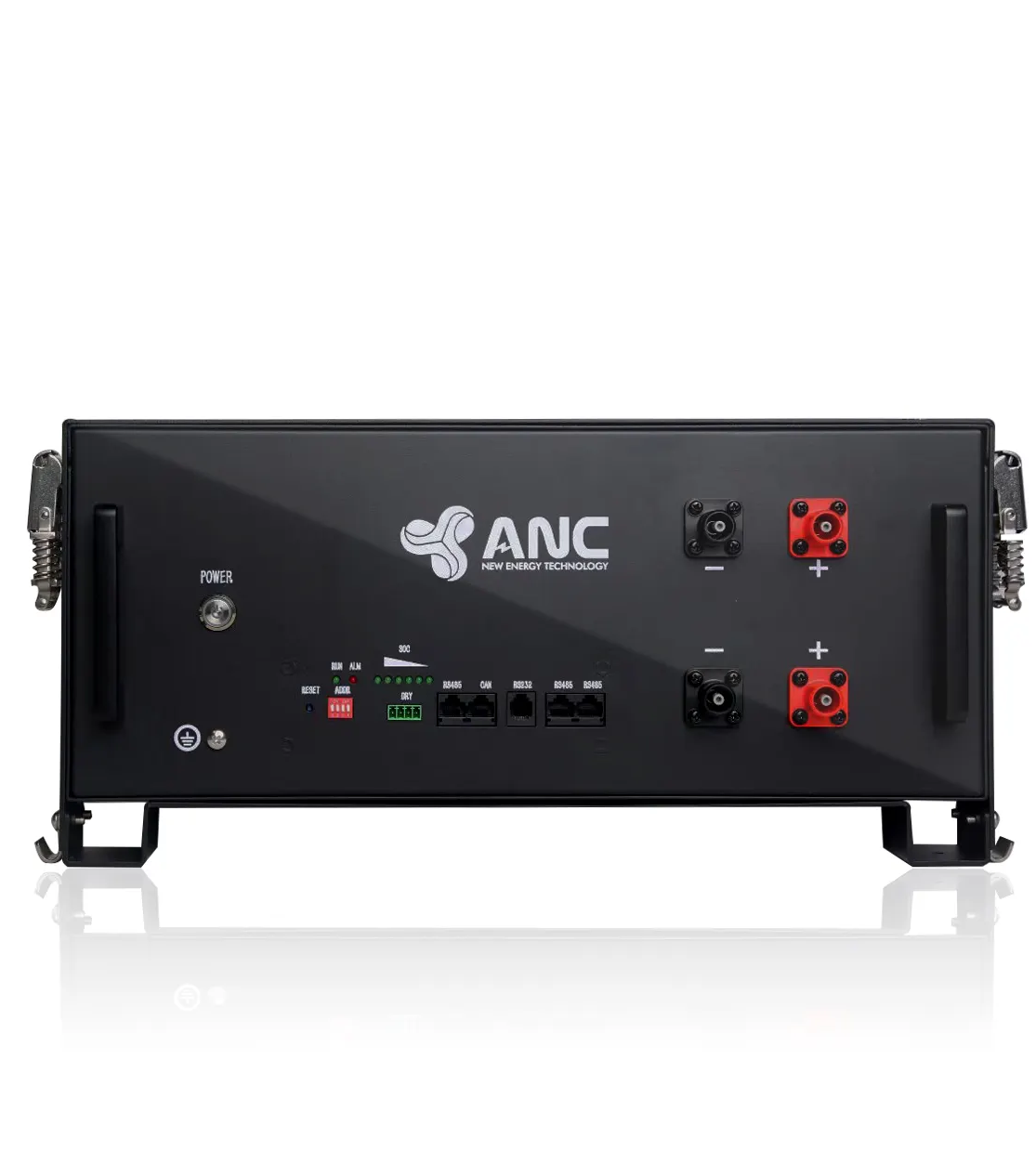
ANC’s lithium iron phosphate batteries enhance performance and provide the most advanced and efficient products. For instance, ANC integrates cutting-edge battery technologies with decades of experience to produce batteries that outperform competitors in power density, cycle life, and safety. Our lithium iron phosphate batteries are tailored for use in telecommunication systems, marine vessels as well as hybrid power applications. This has allowed our batteries to serve several purposes in different industries including telecommunications, shipping and hybrid energy production sector among others. Consequently, a user can install our batteries into his existing infrastructure without necessarily adjusting the entire system thereby reducing maintenance costs while improving overall system efficiency. ANC’s scalable and reliable lithium iron phosphate battery offerings enable you to have sustainable and dependable energy storage options for your projects.
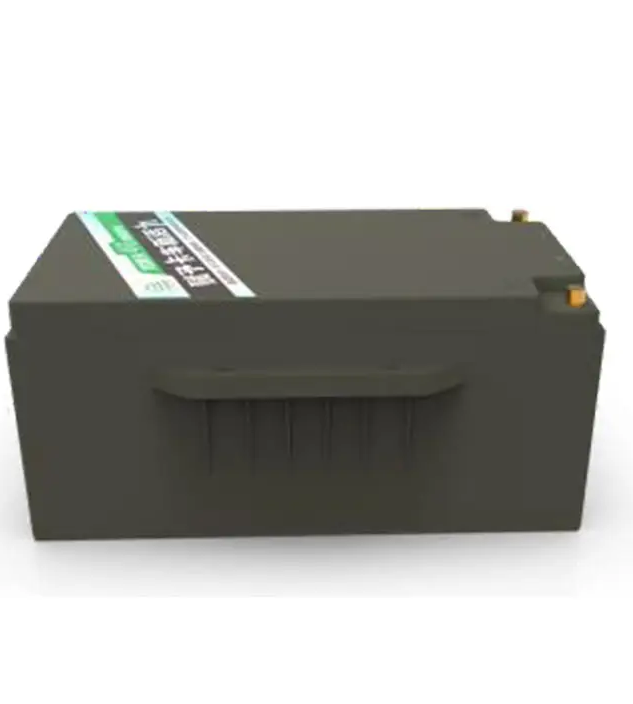
From mining the raw materials to the manufacturing process, examine how lithium iron phosphate battery production affects the world. Also, explore the challenges and opportunities posed by a growing demand for this type of batteries as well as steps being taken to make sure that supply chain is sustainable and responsible.
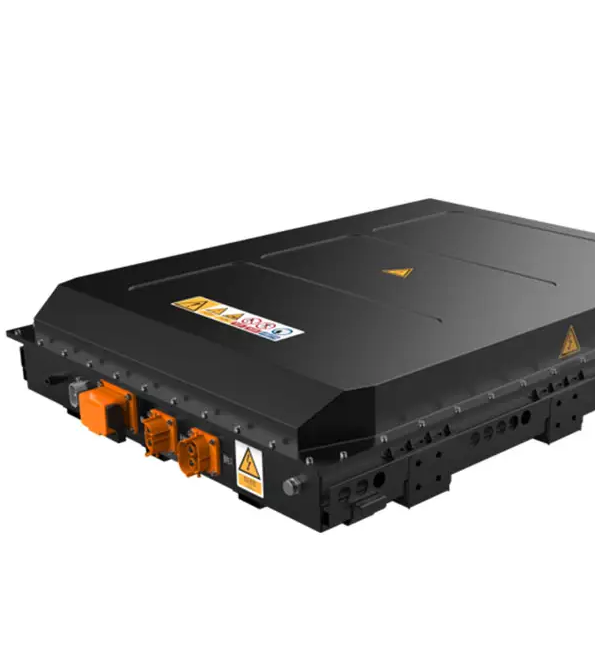
ANC offers sustainable lithium iron phosphate battery solutions that meet the increasing demand for ecofriendly energy storage alternatives. The company’s main target when producing these batteries is longevity, safety and environmental awareness which ensures the minimal effect on nature over its lifecycle. ANC's lithium iron phosphate batteries are perfect for residential energy storage, grid stabilization, and off-grid applications, offering dependable power storage solutions that contribute to a more environment-friendly world. ANC’s battery technology enhances energy efficiency and reduces operational costs through continuous research and development efforts. Let your desire for renewable sources of energy towards an ecofriendly planet be driven by using ANC sustainable lithium iron phosphate battery solutions.
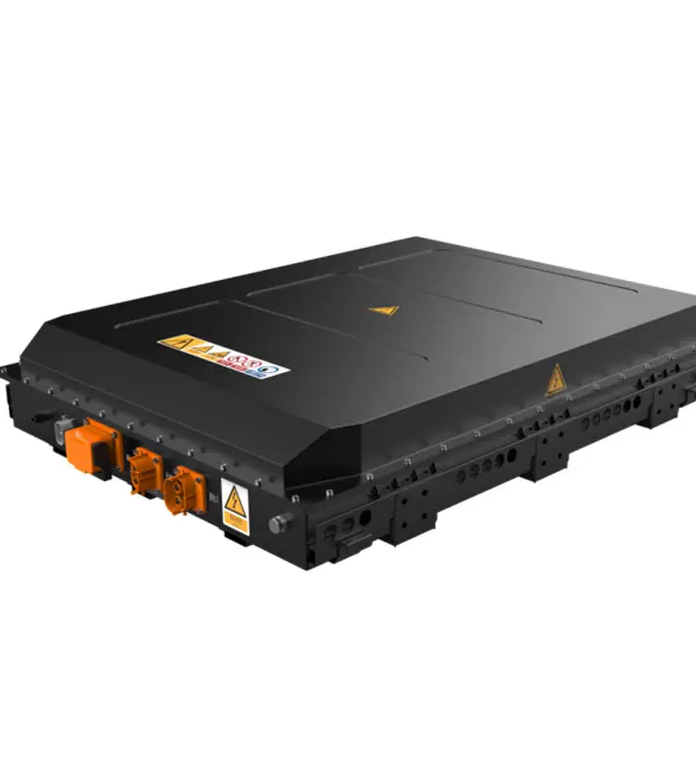
ANC’s cutting-edge lithium iron phosphate battery technology has set the new standards in energy storage efficiency and reliability. Our advanced batteries from ANC are built to guarantee the best performance in electric vehicles (EVs), renewable energy systems, as well as industrial applications. Because of its high energy density and, rapid charging capabilities, our lithium iron phosphate batteries can be seamlessly integrated into a variety of power environments. Whether you want to scale up your EV fleet or increase your solar storage capacity, ANC has customizable solutions that fit your needs specifically. ANC is capable of helping you maximize the efficiency and lifespan of your energy storage investments through their expertise on battery management systems as well as smart grid integration.
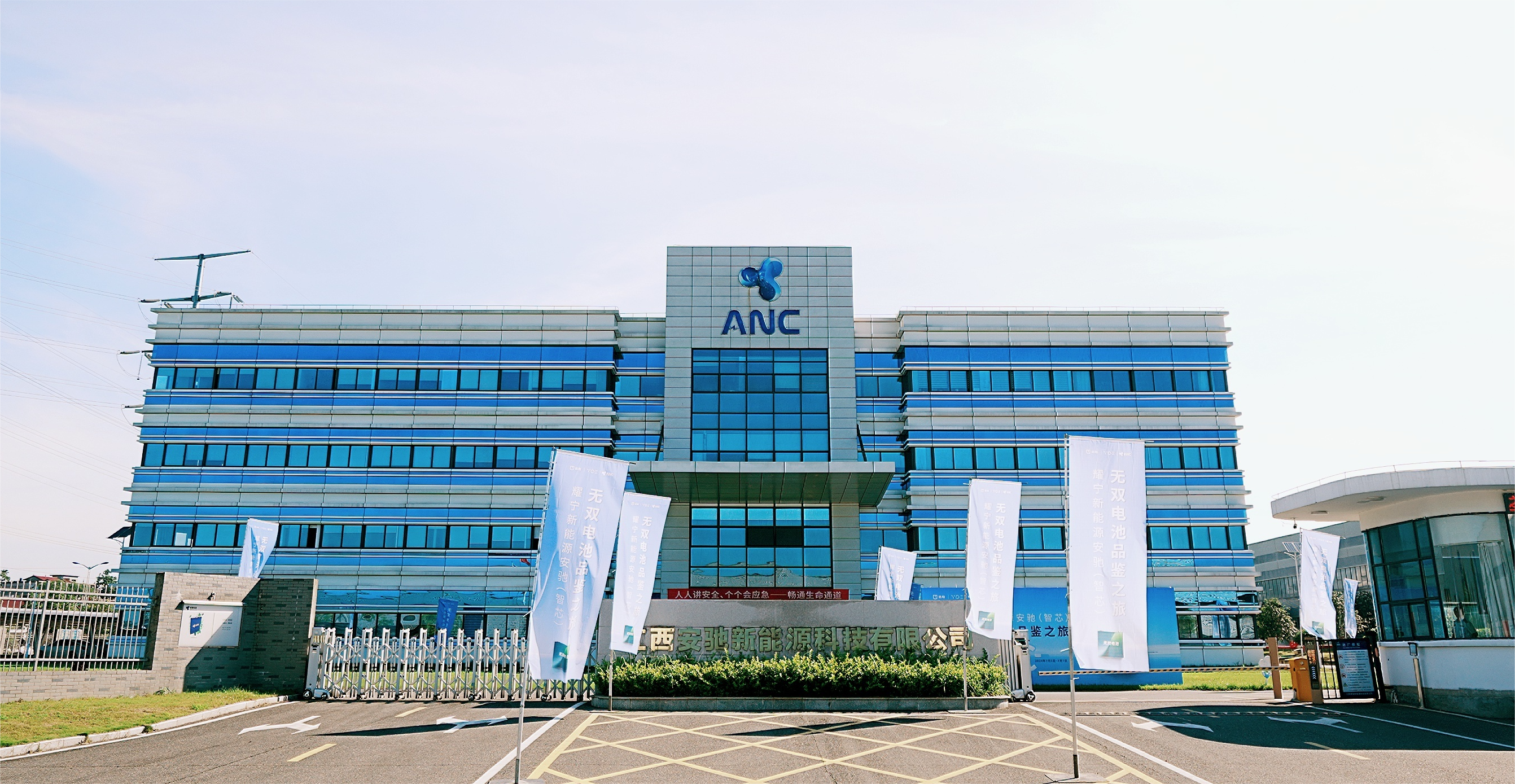
Jiangxi Anchi New Energy Technology Co., Ltd. (ANC) Founded in May 2016, it is affiliated to Zhejiang Geely Holding Group. It is located in the National Economic and Technological Development Zone of Shangrao City, Jiangxi Province, with a total investment of more than 4 billion yuan and more than 1,800 employees. ANC focuses on prismatic lithium iron phosphate batteries and energy storage battery、EV power system、Lithium ion battery、Wall mounted lithium iron phosphate battery、Stackable energy storage battery、Energy storage battery with inverter Research, development and application. It is a new energy high-tech enterprise integrating R&D, production and sales. The first and second phases of our workshop cover an area of 122,000 square meters, the third phase of the workshop covers an area of 154,000 square meters, and the Yingtan production base covers an area of 234,000 square meters. The annual production capacity is about 15GWh, and it plans to expand by another 16GWh in the near future.
Efficient, durable power storage with superior energy density.
Quick and safe charging to maximize your energy use and minimize downtime.
Easily expand storage capacity to meet growing energy demands.
Multiple layers of protection ensure safe and reliable operation.
Lithium Iron Phosphate (LiFePO4) batteries offer several distinct advantages compared to other lithium battery chemistries. Firstly, they provide enhanced safety due to their thermal and chemical stability. This means they are less likely to overheat or catch fire under extreme conditions. Secondly, LiFePO4 batteries have a longer cycle life, often exceeding 2000 charge-discharge cycles, which translates to greater longevity and reduced replacement costs over time. Additionally, they deliver consistent performance across a wide range of temperatures and are less susceptible to performance degradation compared to other lithium-ion batteries. Their robust nature and reliability make them ideal for applications requiring high performance and durability.
Lithium Iron Phosphate (LiFePO4) batteries generally have a higher upfront cost compared to some other battery types, such as lead-acid batteries. However, this higher cost is often justified by their extended lifespan, superior safety features, and greater efficiency. LiFePO4 batteries can last significantly longer, often up to twice as long as traditional lead-acid batteries, reducing the frequency of replacements and overall long-term costs. Additionally, their stability and performance characteristics can lead to cost savings in maintenance and potential damage prevention, making them a cost-effective choice in the long run.
Lithium Iron Phosphate (LiFePO4) batteries generally have a lower energy density compared to other lithium-ion chemistries, such as Lithium Cobalt Oxide (LiCoO2) or Lithium Nickel Manganese Cobalt (LiNiMnCoO2). Specifically, LiFePO4 batteries typically offer energy densities around 90-120 Wh/kg, while other lithium-ion types can reach up to 250 Wh/kg. This lower energy density means that LiFePO4 batteries are often larger and heavier for the same amount of stored energy. However, the trade-off is their superior safety, thermal stability, and longer cycle life. Therefore, LiFePO4 batteries are particularly well-suited for applications where safety and longevity are prioritized over compactness, such as in renewable energy storage systems, electric vehicles, and large-scale UPS (uninterruptible power supply) systems.
Lithium Iron Phosphate (LiFePO4) batteries are known for their environmentally friendly characteristics. They use iron and phosphate, which are more abundant and less toxic compared to other materials used in lithium-ion batteries, such as cobalt. This reduces the environmental impact associated with mining and processing. Additionally, LiFePO4 batteries have a lower risk of releasing harmful substances or contributing to environmental pollution due to their stable chemical composition. Their longer lifecycle also means fewer batteries are disposed of over time, which further minimizes waste and environmental impact. Overall, LiFePO4 batteries represent a more sustainable choice in battery technology.
The cycle life of LiFePO4 batteries is significantly higher than that of lead-acid batteries. Lead-acid batteries can typically support 500 to 1,000 charge and discharge cycles, while LiFePO4 batteries can have a cycle life of 2,000 to 5,000 times.
